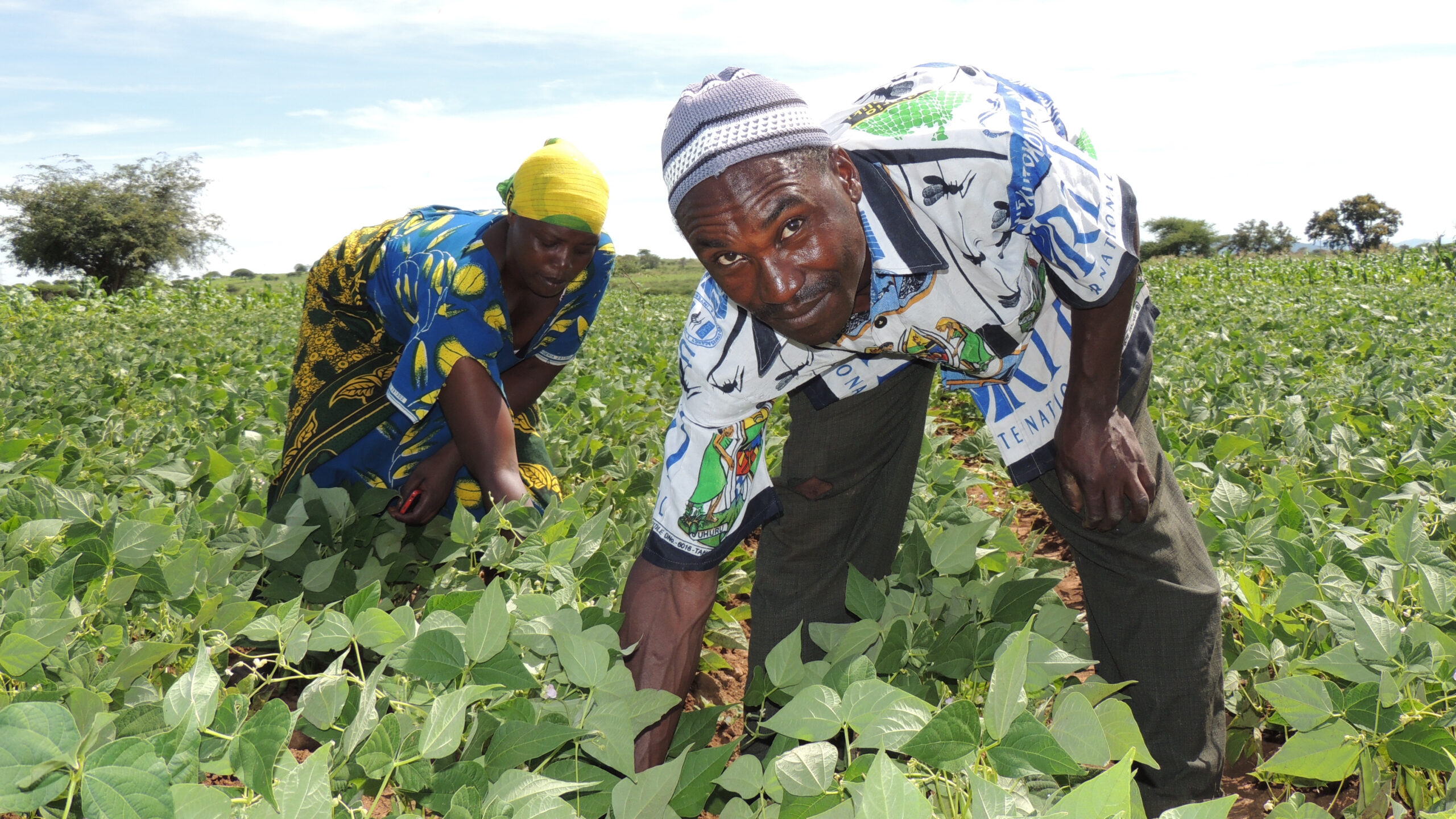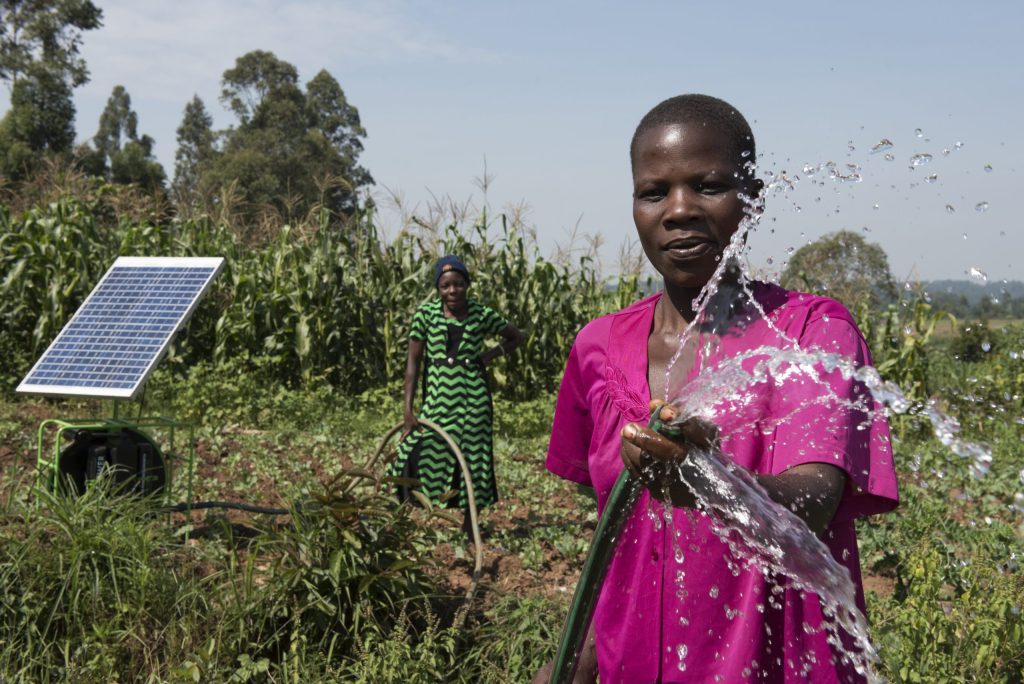
Our approaches and invention to livelihoods
Our livelihood initiatives aim to empower households and communities to achieve long-term financial stability. We support smallholder farmers with modern agricultural techniques, improved inputs, and access to markets. In addition, we promote small-scale enterprises and financial literacy programs to enable families to diversify their income sources. By building resilience against poverty and economic shocks, the program strengthens communities to withstand challenges while enhancing food security, income generation, and overall economic empowerment.
1. Agricultural Support
This approach is centered on empowering smallholder farmers to move from subsistence farming to a more sustainable, market-oriented model. The goal is to enhance their productivity and give them better access to markets, which directly boosts their income and strengthens food security for their households and communities.
- Modern Agricultural Techniques: This involves training farmers on contemporary methods that improve yields and resource efficiency. This can include techniques like conservation agriculture, which reduces soil erosion and improves soil health, or integrated pest management, which uses a combination of methods to control pests in an environmentally friendly way.
- Improved Inputs: Providing access to high-quality agricultural inputs is crucial. This means giving farmers better seeds that are more resilient to diseases and droughts, efficient fertilizers to nourish the soil, and appropriate tools to make farming less labor-intensive and more productive.
- Access to Markets: Simply producing more isn’t enough; farmers need a reliable way to sell their goods. This intervention helps them connect with buyers, understand market demands, and potentially form cooperatives to negotiate better prices and reduce transport costs.


2. Enterprise Development and financial Literacy.
This approach goes beyond farming to help families build a more diversified and resilient economic base. By supporting a variety of income sources and improving financial skills, the program helps households withstand economic shocks and creates new opportunities for growth.
- Promotion of Small-Scale Enterprises: Many families have skills beyond farming. This intervention provides support for them to start or grow small businesses, such as tailoring, food processing, or crafts. This support can come in the form of business training, start-up grants, or connections to local markets.
- Financial Literacy Programs: Teaching families how to manage money is a foundational step toward financial stability. These programs cover essential topics like budgeting, saving for future goals, and understanding how to access and manage small loans responsibly. The aim is to empower individuals to make informed financial decisions that benefit their households long-term.
3. Resilience Building and Empowerment
This is the overarching philosophy that ties all the other interventions together. It’s about giving communities the tools and confidence to not only survive but thrive in the face of challenges.
- Building Resilience against Poverty and Economic Shocks: By providing multiple income streams (through farming and small businesses) and improving financial management skills, the program creates a safety net. If a crop fails or there’s an economic downturn, the family has other sources of income or savings to fall back on, preventing them from falling into deeper poverty.
- Enhancing Food Security and Income Generation: These two goals are deeply interconnected. When farmers can produce more food, their households are more food secure. When they have surplus to sell, they generate income, which can then be used to purchase other necessities or invest back into their farms or businesses.
- Overall Economic Empowerment: Ultimately, the goal is to shift the power dynamic. By giving communities the skills, knowledge, and resources, the program helps them take control of their economic future, making them less dependent on external aid and better equipped to solve their own problems.

